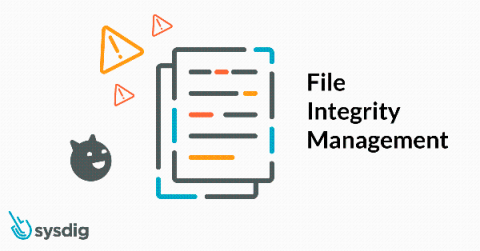Uncovering Bots in eCommerce Part 4: The Impact of Credential Stuffing
Credential stuffing is one of the most common forms of online crime, it is the act of testing stolen passwords and usernames against website login forms, to validate the credentials for malicious reuse. Once a match is found, the attacker can easily commit various types of fraud. When credentials are stolen through a database breach, malware, or other means, they are kept for use in future attacks against many different targets.









